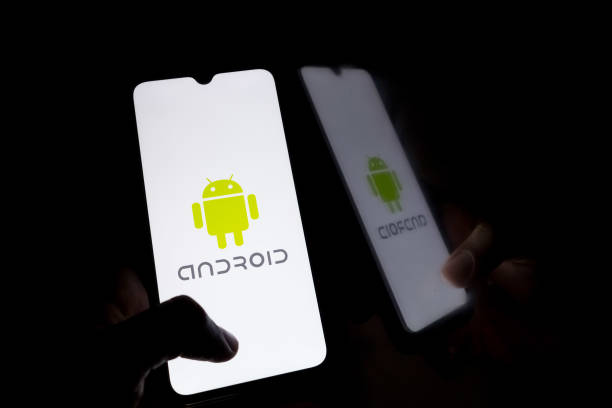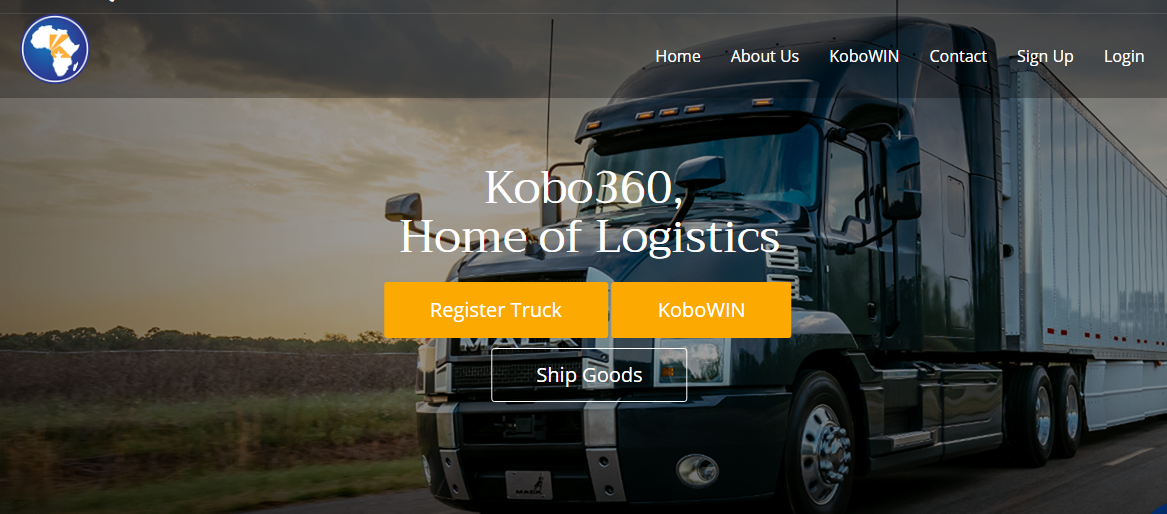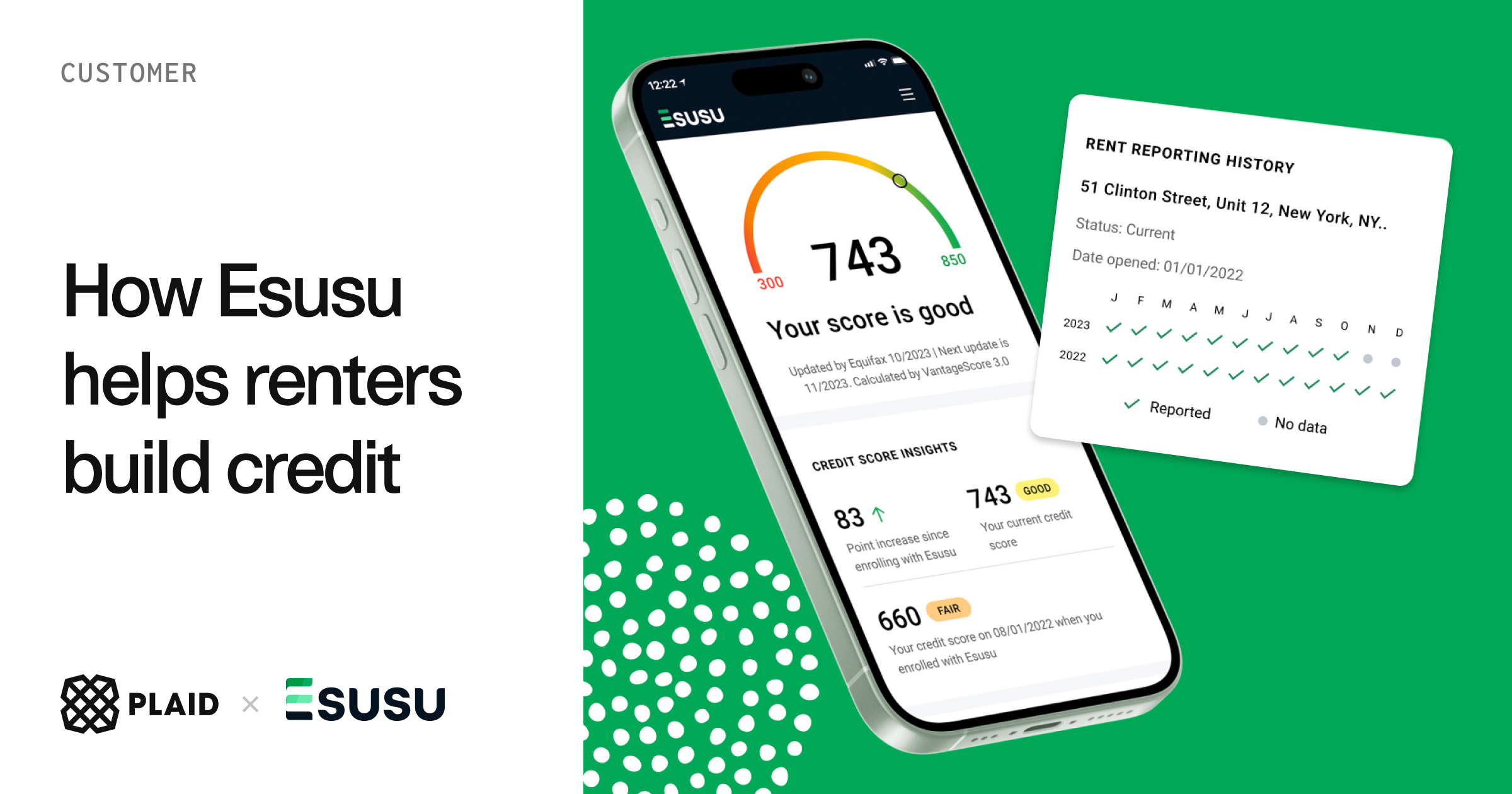The Death of Copycat Apps: African Developers Finally Building Products for African Realities

From Copy-Paste to Context
For years, Africa’s tech scene had a familiar pattern. Startups would take a hit from Silicon Valley, tweak it a little, and launch it at home. Suddenly, you’d see “the Uber of Lagos,” “the Airbnb of Nairobi,” or “the Amazon of Accra.” Sure, these ideas pulled in excited investors at first. But when it came time to actually make things work—dealing with shaky internet, payment headaches, or just the way people live and work—most of them couldn’t keep up.
That’s changing now. These days, you see a new kind of developer across Africa, tossing out the copycat playbook. They’re building tools for real problems they know first-hand. People call it “the death of copycat apps,” and honestly, it feels overdue.
Instead of just slapping a local label on a Western idea, today’s startups start by asking, “What’s broken here? What do we need that nobody else is building?” Their products come out of necessity, not imitation. They tackle things like patchy internet, messy logistics, informal markets, and the challenge of designing for dozens of languages.

Look at M-Pesa in Kenya. Long before Apple Pay or Venmo, folks were sending money by phone—no fancy smartphone needed. Or take Nigeria’s Kobo360. They didn’t just copy Uber for trucks, they built something that fits Africa’s wild, unpredictable trucking world by connecting drivers, traders, and warehouse owners in a way that actually works. In Ghana, apps like SnooCode help people find homes and businesses in neighborhoods without street names or postal codes.
This shift isn’t just about tech. Investors are tired of backing yet another “Africa’s version of X” that fizzles out.Meanwhile, consumers are looking for products that genuinely suit their lives rather than Western imports with a fresh coat of paint.
With better tools, stronger communities, and more local funding, African creators have finally begun to build on their own terms. The copy-paste approach is quickly fading out. What’s taking its place? A tech scene that’s bold, original, and proudly African.
Building for the Continent, Not for the Algorithm
African developers are starting to see what really works: tech that fits into real lives, not just the latest buzzwords. Designing for Africa isn’t just a checklist — you’ve got to deal with power cuts, cheap smartphones, patchy internet, and a wild mix of languages. And that’s all in one place.
So, a lot of startups are ditching the usual playbook. They’re building offline-first apps, adding USSD codes, and making sure their interfaces run smoothly even on the most basic Android phones. In Nigeria, PalmPay and FairMoney are among the fintechs marrying smartphone apps with on-the-ground agents to reach people who have never had a bank account. Across the region, in Senegal and Côte d'Ivoire, for example, developers are deploying health apps over SMS so that even the most rural populations without the internet can have access.
Culture matters too. Digital savings platforms are borrowing from traditional systems like ajo or esusu. These aren’t just apps, they feel familiar, like the saving circles people have used for generations in West Africa. Education apps are picking up on this vibe too. They weave in stories, games, and local proverbs so kids actually want to learn.

Entertainment and media? Same story. Developers aren’t copying Western streaming platforms anymore. Showmax and Boomplay, for example, now offer local languages, let people pay how they want, and highlight homegrown music and shows. It’s not just for city folks — it’s for everyone.
The real shift is in mindset. African tech leaders have stopped asking what’s cool in San Francisco. Now, the question is: “What do our people in Enugu, Kigali, or Bamako actually need?” Staying close to the ground like this is paying off. More people use these products, they stick around, and the businesses grow smarter and stronger.
Latest Tech News
Decode Africa's Digital Transformation
From Startups to Fintech Hubs - We Cover It All.
Money’s part of the rethink too. When most people can't afford a subscription-only model, it just doesn't work. So, developers are trying microtransactions, ads, or mixing up pricing so nobody gets left out. Not everyone has a lot to spend, but millions of users exist-and now developers are figuring out how to convert that scale into real success.
A New Tech Identity Emerging
Africa’s tech scene is changing at full speed. People aren’t just mimicking Silicon Valley anymore—they’re building their own stuff, shaped by their own ideas and what actually works for them. What started as a rush to copy big tech has turned into something way more interesting: a movement driven by self-awareness, purpose, and a big dose of creativity. Developers all over the continent are telling their story, one that fits their daily lives, speaks in their languages, and goes after the really important problems.
You can feel it, whether you're in the coworking spaces of Kigali or in the crowded tech hubs of Accra. Developers are rolling out apps in Swahili, Yoruba, Zulu, Amharic—the list goes on. They’re making tools that just get local culture. It’s not about forcing people to fit some imported system anymore. These teams flipped it—now the tech adapts to the people. Logistics apps tap into trusted community networks. Payment platforms link up with street cooperatives, not only the big banks. Fintech startups treat informal traders with the same respect as big corporate clients.
This isn’t a small tweak—it’s a full-on revolution. For years, outsiders saw Africa as just another market for foreign tech. But now, locals are steering the ship. They’re turning every challenge into a chance to invent. No old, rigid infrastructure? Great, that means more room to try new things. Dozens of cultures in one place? That’s a recipe for new designs and all kinds of fresh thinking.
There’s also a real shift in mindset. People aren’t talking about “catching up” anymore—they’re talking about doing it their own way. Developers aren’t hung up on chasing Western standards. They’re busy fixing the things that matter right in front of them. In Goma, someone’s building an app to help farmers track rainfall. In Dakar, there is software teaching kids through stories told out loud, not just textbooks. These projects may not make international headlines, but they are making a difference, community by community.
Investors are finally starting to get it. They’re backing products that really understand Africa, how people use mobile, how trust works, how informal markets run things. Local accelerators are measuring success by real impact and adoption, not how closely a startup copies some Silicon Valley model. The most exciting companies are the ones mixing technical chops with deep roots in the local scene.

Of course, all this momentum brings some big questions. As Africa builds its digital future, how does it protect its own data, ideas, and culture? How does it keep this wave of innovation open, instead of just building new tech gatekeepers? These questions matter now because Africa isn't just a place to sell stuff; it's a frontier that's shaping global conversations about digital ethics.
But if there's one thing that stands out, it is confidence. Developers are no longer looking over their shoulders and comparing themselves to anyone else. Their work speaks loud and clear: whether Paystack changing how Nigeria pays, Zipline flying drones in Rwanda, or Ghanaian teams building education apps for their own schools, these aren't copies. These are the originals, and people everywhere are taking notice.
So yeah, the end of the copycat era isn’t just smart business, it’s bigger than that. It’s a cultural shift. Africa's digital future is not a knockoff of Silicon Valley; it's a patchwork quilt stitched from its own stories and dreams. And now, the world isn't looking over just to see Africa catch up; it's watching because Africa's leading the way.
Recommended Articles
There are no posts under this category.You may also like...
Bundesliga's New Nigerian Star Shines: Ogundu's Explosive Augsburg Debut!

Nigerian players experienced a weekend of mixed results in the German Bundesliga's 23rd match day. Uchenna Ogundu enjoye...
Capello Unleashes Juventus' Secret Weapon Against Osimhen in UCL Showdown!

Juventus faces an uphill battle against Galatasaray in the UEFA Champions League Round of 16 second leg, needing to over...
Berlinale Shocker: 'Yellow Letters' Takes Golden Bear, 'AnyMart' Director Debuts!

The Berlin Film Festival honored
Shocking Trend: Sudan's 'Lion Cubs' – Child Soldiers Going Viral on TikTok

A joint investigation reveals that child soldiers, dubbed 'lion cubs,' have become viral sensations on TikTok and other ...
Gregory Maqoma's 'Genesis': A Powerful Artistic Call for Healing in South Africa

Gregory Maqoma's new dance-opera, "Genesis: The Beginning and End of Time," has premiered in Cape Town, offering a capti...
Massive Rivian 2026.03 Update Boosts R1 Performance and Utility!

Rivian's latest software update, 2026.03, brings substantial enhancements to its R1S SUV and R1T pickup, broadening perf...
Bitcoin's Dire 29% Drop: VanEck Signals Seller Exhaustion Amid Market Carnage!

Bitcoin has suffered a sharp 29% price drop, but a VanEck report suggests seller exhaustion and a potential market botto...
Crypto Titans Shake-Up: Ripple & Deutsche Bank Partner, XRP Dips, CZ's UAE Bitcoin Mining Role Revealed!

Deutsche Bank is set to adopt Ripple's technology for faster, cheaper cross-border payments, marking a significant insti...
